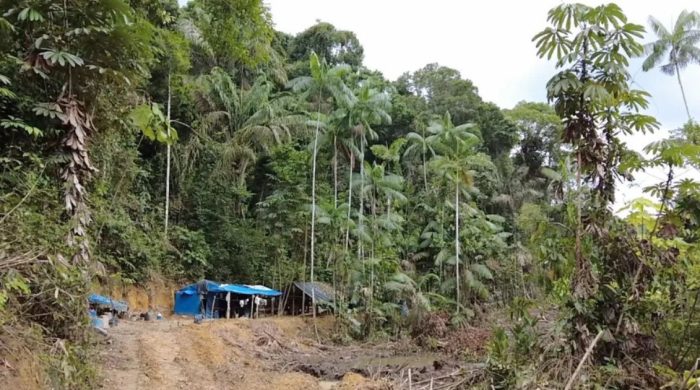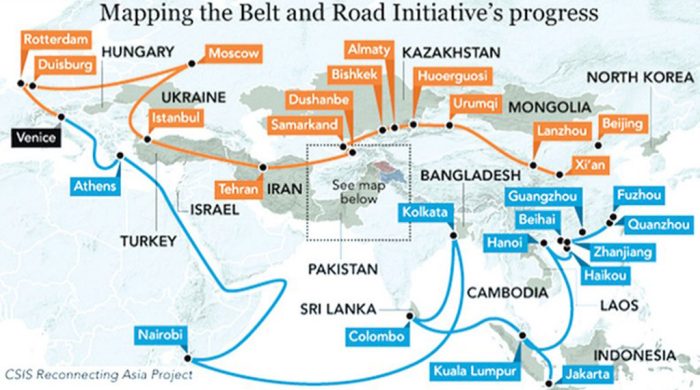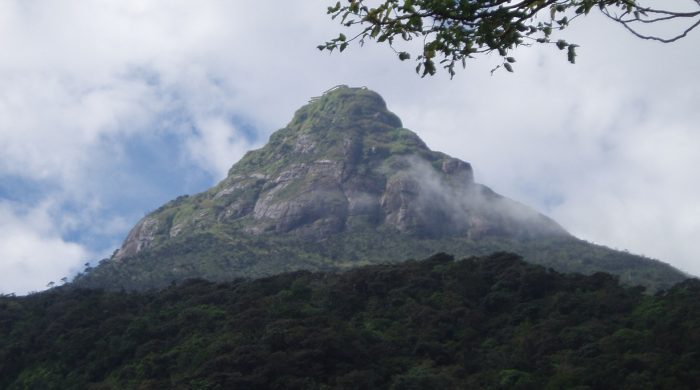Uzbek traders learn to do business with the Taliban

- Update Time : Monday, November 1, 2021
- 129 Time View

As lorries arrive in bursts of dust at a logistics hub in Uzbekistan’s southern city of Termez, squatting drivers share complaints about how trade has suffered since the Taliban seized power next-door.
“Before, our journey there and back took three days, now we are there for a week,” said Rafik Khujakov, an Uzbek who makes regular deliveries of beans to the Afghan city of Mazar-i-Sharif and brings back potatoes.
“Their people don’t know how to work the computers!”
Khujakov said the Taliban had cracked down on border corruption, but companies and drivers were losing money because of lengthy delays.
“They check and recheck each other. It has become very difficult,” he moaned, in a refrain echoed by several other traders at the hub.
More than two months after the Taliban seized power in Afghanistan, border traders in southern Uzbekistan are nevertheless discovering that it is possible — if complicated — to do business with the religious hardliners.
Landlocked Uzbekistan, which once hosted US-led coalition forces that toppled the Taliban, has taken a business-first approach to the group, as firms in the ex-Soviet Central Asian republic seek a path to ports in Pakistan and Iran.
Central to that effort is the Termez Cargo Centre, a logistics hub opened five years ago to coordinate cross-border trade, mainly to Mazar-i-Sharif 60 kilometres (40 miles) away in northern Afghanistan.
– New challenges –
Trade with Afghanistan was always difficult, but business owners in Termez said the Taliban takeover has presented a new series of challenges.
One company owner told AFP his costs had grown because his drivers — all Afghan nationals with visas for Uzbekistan — refuse to travel beyond the Afghan border crossing at Hairatan, fearing they will not be able to return.
This means his company must pay different drivers on the other side for onward journeys, explained the businessman, who gave only his first name Ahmad because of concerns for relatives living in Afghanistan.
“I see nothing good in this group coming to power,” said Ahmad, an Afghanistan-born Russian citizen.
On the Afghan side of the “Friendship Bridge” that spans the width of the Amu Darya river, the Taliban government’s head of customs at Hairatan denied claims of delays.
“There is no such thing. All businessmen are satisfied… They are happier than under the previous government. The goods move through customs more quickly,” Abdul Sattar Rashid said.
For Afghanistan, Hairatan “is the first or second most important (border crossing) in terms of income,” said Rashid, on a morning when AFP correspondents saw several trucks and two trains, each pulling about 30 wagons, going over the bridge.
Uzbekistan’s bilateral trade with Afghanistan stood at $776 million in 2020, up a quarter from the year before.
Prior to the Taliban takeover, Kabul and Tashkent had plans to increase that to $2 billion by 2023.
– Train through Taliban territory? –
A project was in the works for a railway from Mazar-i-Sharif to the Pakistani city of Peshawar via Kabul, which would open up prospects for transfers of bulk goods like coal.
But it would take years to build, and securing financing for the project is likely to be difficult given the Taliban’s international isolation.
Nodir Jalilov, the head of the Termez Cargo Centre, is convinced there are still strong prospects for the hub, which received three humanitarian aid shipments bound for Mazar earlier this month.
“Our centre has a big future in terms of trade transiting (Afghanistan) to ports in Pakistan like Gwadar and Karachi,” he told AFP.
“Of course, the word ‘Afghanistan’ still frightens businessmen.”
The railway was one of several topics discussed at mid-October talks in Termez between a Taliban delegation and Uzbek authorities, who have stopped short of recognising the new government, despite warming ties.
Another was electricity, which Uzbekistan has said it will continue to supply to Afghanistan despite the cash-strapped authorities’ failure to pay for it.
Amrullo Sadullah, a charismatic Afghan businessman who moved to Uzbekistan in the 1990s and is now a commercial partner at the hub, came to work bleary-eyed after staying up until the early hours of the morning drinking tea with the inquisitive delegation.
“What did they want to know? Everything! How people here live, what Afghanistan can buy, what Afghanistan can sell,” he said, dismissing his personal views of the Taliban and its policies as irrelevant.
In recent years, more and more Afghans have been setting up shop in Termez, said Sadullah, who predicted a bright future for the sleepy town of 200,000 people.
“When you come to Termez again in five years, you will not recognise it!” he promised.





















